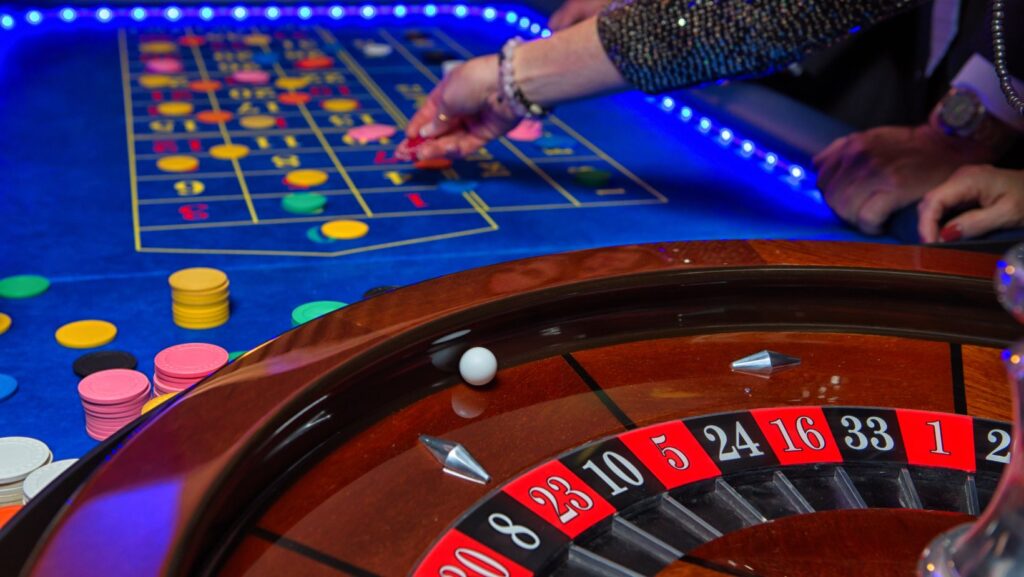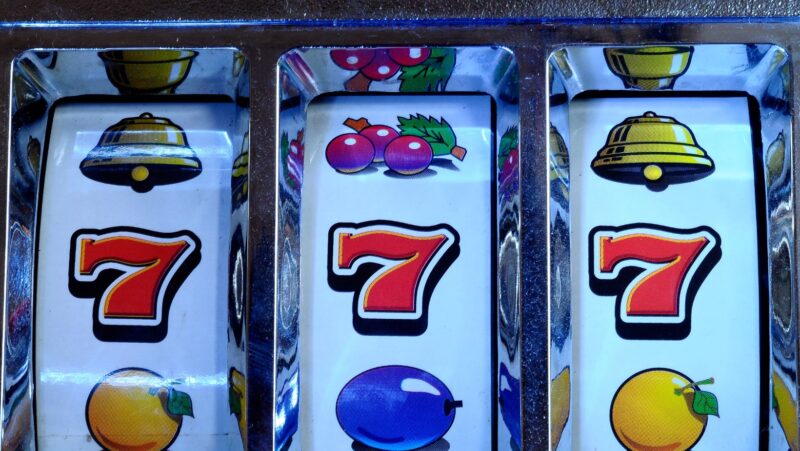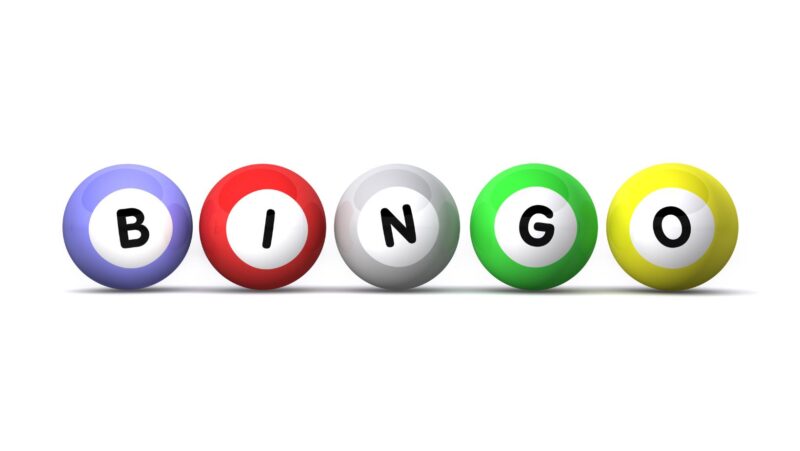
Today’s world of glamorous and instant roulette play has come leaps and bounds from in-person table game plays. Even though there are more roulette options than ever before, the beauty of roulette is that it has remained mostly unchanged throughout the years. From the halls of French nobility to the centerpiece of the live casino lobby, explore the fantastic journey of roulette from chips to clicks.
The Birth of Roulette: A Royal Beginning
The iconic casino game roulette originated in France, at least according to most scholars, during the 17th century. According to historical accounts, Blaise Pascal invented the game in pursuit of a perpetual motion concept. Pascal was one of the most notable and prominent French mathematicians and physicists. His invention formed the basis for roulette even though his original goal remained unfulfilled. The word “roulette” originates from a French term that translates to “little wheel.”
The original roulette took great inspiration from other contemporary European games of the era, such as Biribi and Roly-Poly, which shaped the evolution of the game during the early 18th century. In 1796, Paris saw the emergence of the first official version of roulette, which resembled the modern game that we all know and love.
At the time, Roulette was relegated to the French noble and royal class and the socialites of that era. The first variant, French Roulette, originally had the double zero on the wheel. It wouldn’t be long until the roulette experience spilled out to the general French population.
As French Roulette’s popularity grew, so did innovation. Louis Blanc and his brother François Blanc transformed the roulette game in the 1800s through the introduction of the single-zero roulette wheel to reduce the house advantage from 5.26% to 2.70%. The Blanc brothers established roulette in Monte Carlo, which became the epicenter of European gambling and attracted aristocrats as their preferred game.
It was at this time that the European variant took off. Adopting the new French Roulette wheel with the single zero, European Roulette’s layout is written in English to make it easier for tourists and non-French speakers.
Roulette Comes to America
Thanks to French migration in the later part of the 19th century, the migrants took the roulette concept with them. Roulette became an immediate hit in New Orleans and other southern towns and saloons. However, to separate the different roulette wheels, the underground casinos of the time brought back the double zero that still remains with the American Roulette variant today.
Roulette Goes Mainstream
Even with roulette’s amazing popularity, it still wasn’t mainstream. This is because retail casinos were still outlawed. However, in 1932, Nevada altered its constitution to sanction gambling. The results were instant. With casinos being illegal, tourists from all over the world flocked to Reno and Lake Tahoe to get a chance to spin the American Roulette wheel.
With the dawn of the 1950s, Las Vegas rose to prominence, and so did the attraction of the Vegas Strip. With more Hollywood films and famous celebrities spinning the roulette wheel, roulette became America’s favorite table game, associated with elegance and style.
With the end of the 1970s came the rise of Atlantic City casinos. Atlantic City drew tourists from around the world, as well as many New York and East Coast locals looking for a weekend escape.
Throughout the 80s, Atlantic City players couldn’t get enough of spinning the roulette wheel with new variants emerging for the local casinos.
The Digital Revolution: Online Roulette Is Born
In 1994, several countries agreed to legalize online casinos. While the classic three reel slots were the most popular of the day, a few table games like roulette managed to hit the roster. Even though the internet and graphics were extremely limited for the time, it gave players their first taste of making their favorite roulette bets at home.
Come the 2010s, broadband internet was more available, and the birth of US casinos with real money rewards took place. With better technology, more online casinos and game developers could reimagine the classic roulette experience.
The dominant game developers like Playtech and NetEnt created visually stunning roulette games with original variants like Blazing 7s Roulette. Online strategy guides were also available for those looking to learn how to play roulette for the first time. Also, Evolution Gaming perfects the art of live dealer play.
It didn’t take long for players to get hooked on playing their favorite roulette games, including American, European, and French Roulette. Also, thanks to the incredible innovation, new variants that are only available online began springing up. Today, Auto and Lightning Roulette remain some of the most popular variants that roulette players can’t get enough of.
Conclusion: A Legacy of Spinning Excellence
Whether playing in person or online, it’s clear that roulette is more popular than ever. With AI tools heavily involved, online roulette players continue to enjoy personalized experiences, including personalized guides to take their game to the next level. With the rise of social casinos, roulette continues to evolve into community gameplay with tremendous help from social media.










